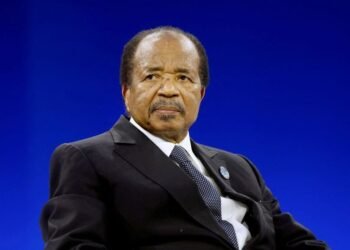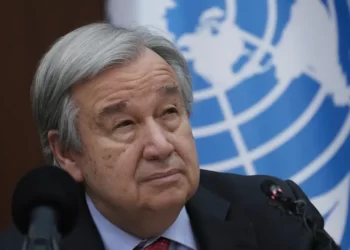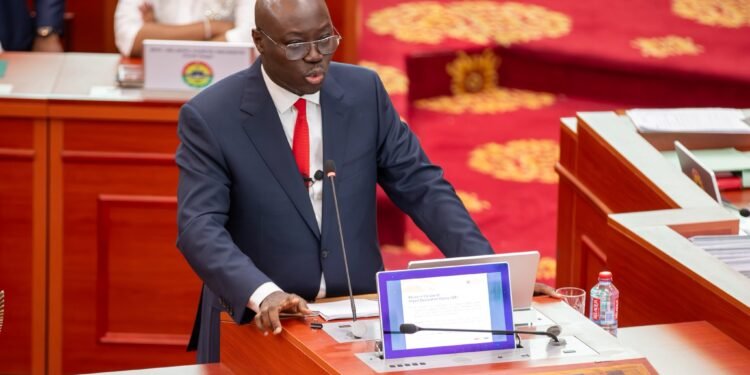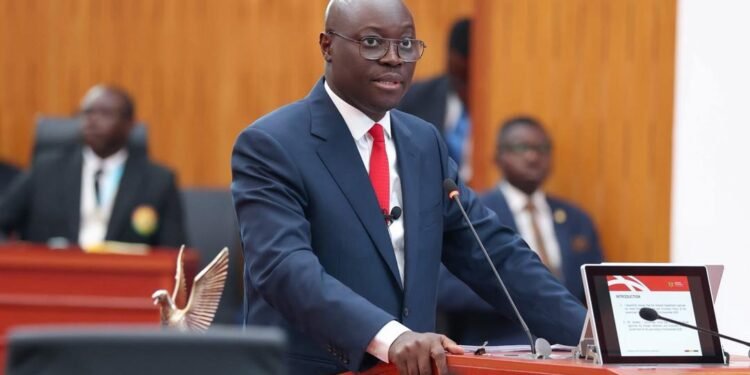President Andry Rajoelina has dissolved Madagascar’s government in response to mass youth-led demonstrations over water and power shortages. According to the United Nations, the unrest has already claimed 22 lives and injured more than 100.
UN High Commissioner for Human Rights Volker Türk on Monday expressed shock at the violent response by security forces to the ongoing protests.
“I am shocked and saddened by the killings and injuries in the protests over water and power cuts in Madagascar. I urge the authorities to ensure respect for freedom of expression and peaceful assembly, consistent with their obligations under international human rights law.”
UN High Commissioner for Human Rights Volker Türk

The victims include protesters and bystanders killed by members of the security forces, but also others killed in subsequent widespread violence and looting by individuals and gangs not associated with the protesters.
The protests, inspired by the so-called “Gen Z” movements in Kenya and Nepal, have become the most significant challenge to Rajoelina’s leadership since his re-election in 2023. Speaking in a televised address, the president said, “We acknowledge and apologise if members of the government have not carried out the tasks assigned to them.”
Police in the capital Antananarivo fired teargas on Monday to disperse thousands of protesters who returned to the streets for a third consecutive day. Many demonstrators openly demanded the resignation of Prime Minister Christian Ntsay, his cabinet, and President Rajoelina himself.
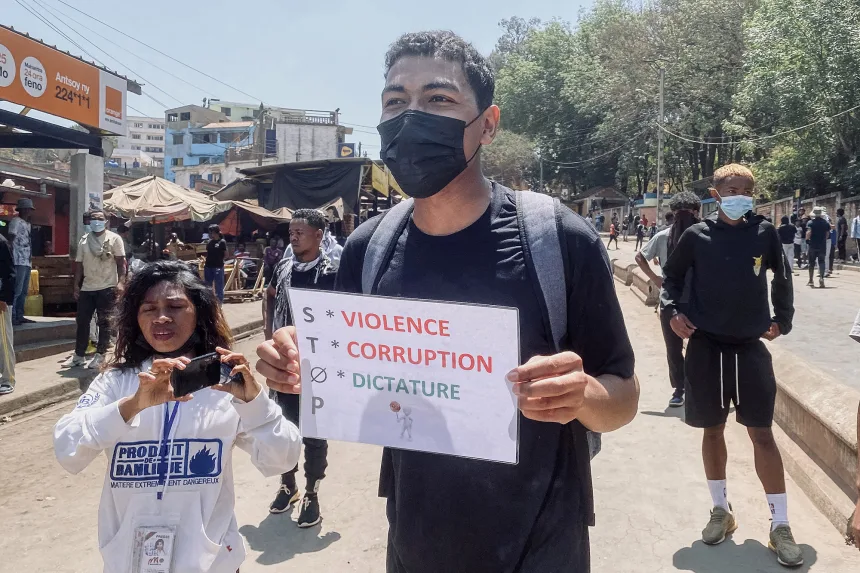
Curfew Declared As Tensions Rise
Authorities imposed a dusk-to-dawn curfew last week Thursday after earlier demonstrations in Antananarivo spiraled into chaos. Protesters initially gathered at a local university, waving placards and singing the national anthem before marching into town.
Elsewhere, security forces cleared barricades made of rocks and telephone poles while using teargas to scatter the crowds. Footage showed streets clouded with smoke and security personnel confronting groups of chanting youths.
The anger has been fueled by worsening water and electricity shortages, with residents accusing the government of neglecting its duty to provide basic services. Protesters see the crisis as symbolic of broader governance failures, amplifying calls for Rajoelina to step down.
On Sunday, the president addressed residents in the Anosibe neighborhood of the capital, acknowledging public frustrations. “If there have been mistakes, I recognize them, and I am now looking for ways to correct everything,” he said, in remarks intended to calm tensions after looting and vandalism erupted there.
Demonstrators in Madagascar adopted a flag used during recent protests in Nepal, where demonstrators forced the resignation of the prime minister earlier this month. The movement has also mirrored online organizing strategies from Kenya, where young people last year successfully mobilized against proposed tax increases, leading to the government’s retreat.
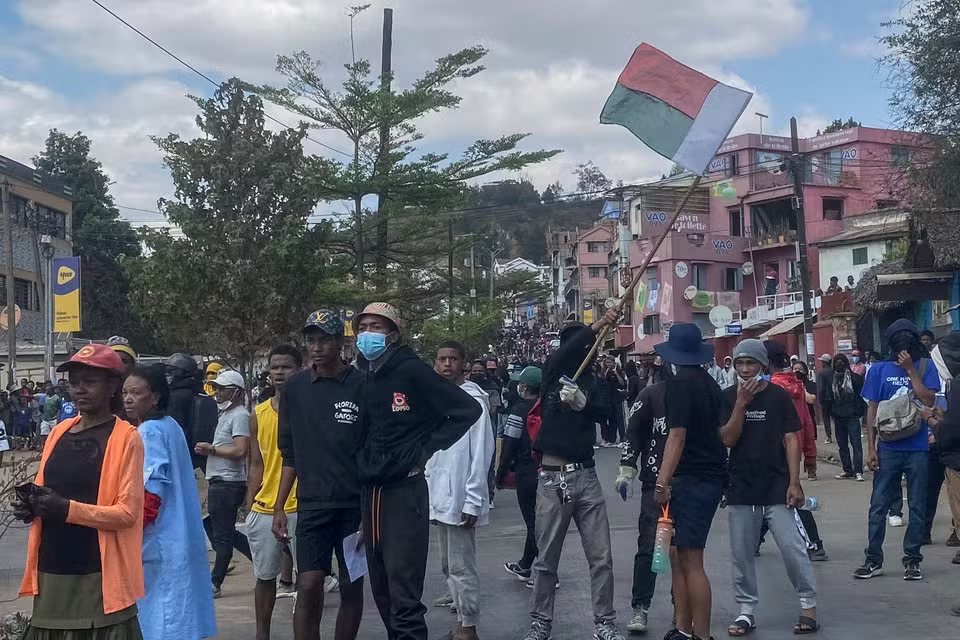
The symbolism has given protesters in Madagascar renewed momentum, with many saying they are determined not only to push for better public services but also to demand sweeping political change.
As the unrest continues, President Rajoelina faces the most direct test of his presidency. While his promise of reform and government overhaul seeks to appease public anger, growing calls for his resignation suggest that the crisis could deepen further unless meaningful steps are taken swiftly.
READ ALSO: NPRA Rolls Out Pension Education in Schools Nationwide





